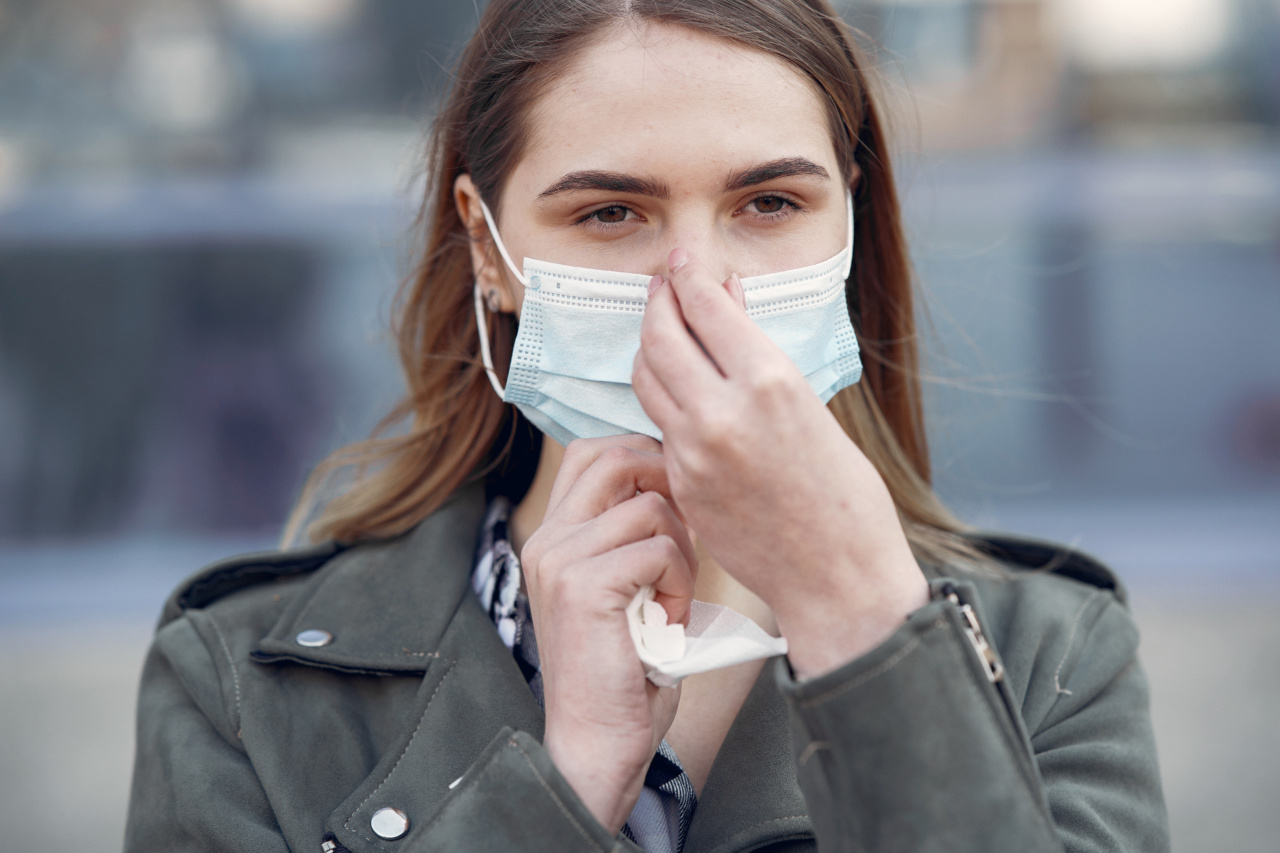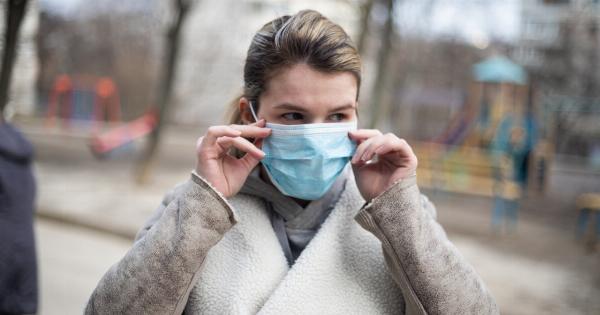As the colder months approach, the risk of catching influenza or a common cold increases. Both influenza and colds are respiratory illnesses caused by viruses, but they have some distinct differences.
Understanding how to deal with both influenza and colds can help minimize their impact on your health and overall well-being. This article explores the symptoms, prevention methods, and treatment options for influenza and colds, providing useful tips to stay healthy during flu season.
1. Understanding Influenza
Influenza, commonly known as the flu, is a highly contagious respiratory illness caused by the influenza virus. It affects millions of people worldwide each year and can lead to severe illness, hospitalization, or even death.
Understanding the symptoms of influenza can help you differentiate between the flu and a common cold.
2. Recognizing the Symptoms of Influenza
The symptoms of influenza often come on suddenly and can include:.
- Fever or feeling feverish
- Cough
- Sore throat
- Runny or stuffy nose
- Muscle or body aches
- Headaches
- Fatigue
- Vomiting and diarrhea (more common in children)
While some of these symptoms may also appear in individuals with a cold, the severity and sudden onset of symptoms is often more pronounced in cases of influenza.
3. Preventing Influenza
Prevention is crucial when it comes to reducing the risk of influenza. Here are some effective preventive measures:.
- Get vaccinated: Annual flu vaccines are the most effective way to prevent influenza.
- Practice good hand hygiene: Wash your hands frequently with soap and water or use hand sanitizers.
- Avoid close contact: Stay away from individuals who are sick and practice social distancing.
- Cover your mouth and nose: Use a tissue or your elbow when coughing or sneezing to prevent the spread of germs.
- Clean and disinfect surfaces: Regularly clean and disinfect frequently touched surfaces to reduce the risk of contamination.
4. Treating Influenza
If you do contract influenza, there are several treatment options available:.
- Antiviral medication: Prescription antiviral drugs can help reduce the severity and duration of influenza symptoms if taken within the first 48 hours of symptom onset.
- Symptom relief: Over-the-counter pain relievers, throat lozenges, and cough suppressants can help alleviate symptoms.
- Rest and hydration: Getting plenty of rest and staying hydrated are essential for recovery.
5. Understanding Colds
Colds are also caused by viral infections, but they are typically milder than influenza and rarely lead to severe complications. Nevertheless, they can still cause discomfort and disrupt daily life.
6. Recognizing the Symptoms of Colds
Colds usually have a gradual onset and can include the following symptoms:.
- Runny or stuffy nose
- Sneezing
- Sore throat
- Cough
- Mild headache
- Fatigue
- Mild body aches
Unlike influenza, colds rarely cause fever or severe body aches.
7. Preventing Colds
Preventing colds requires similar measures to those taken to prevent influenza:.
- Practice good hand hygiene: Wash your hands with soap and water regularly.
- Avoid close contact: Stay away from individuals who have a cold, and avoid crowded places if possible.
- Don’t touch your face: Avoid touching your eyes, nose, and mouth, as it can increase the risk of getting infected.
8. Treating Colds
Unfortunately, there is no cure for the common cold. However, you can alleviate symptoms and promote recovery with these measures:.
- Rest: Allow your body to rest and recover by getting enough sleep.
- Stay hydrated: Drink plenty of fluids to soothe a sore throat and prevent dehydration.
- Use saline nasal sprays: These can help relieve nasal congestion and improve breathing.
- Try over-the-counter remedies: Cold medications, cough syrups, and throat lozenges can provide temporary relief from symptoms.
9. When to Seek Medical Attention
In most cases, influenza and colds can be managed at home with self-care measures. However, certain situations warrant medical attention:.
- If symptoms worsen or persist for more than a week
- If high fever or difficulty breathing occurs
- If symptoms significantly impact daily functioning
- If you have underlying health conditions that may increase the risk of complications
Consulting a healthcare professional is recommended to rule out any potential complications or underlying health issues.
10. Conclusion
Influenza and colds are respiratory illnesses caused by viruses, but they have different symptoms and levels of severity. Prevention is essential to reduce the risk of both influenza and colds, and treatment options vary depending on the illness.
Following good hygiene practices, getting vaccinated, and seeking medical attention when necessary are crucial in dealing with both influenza and colds and minimizing their impact on our health.




























